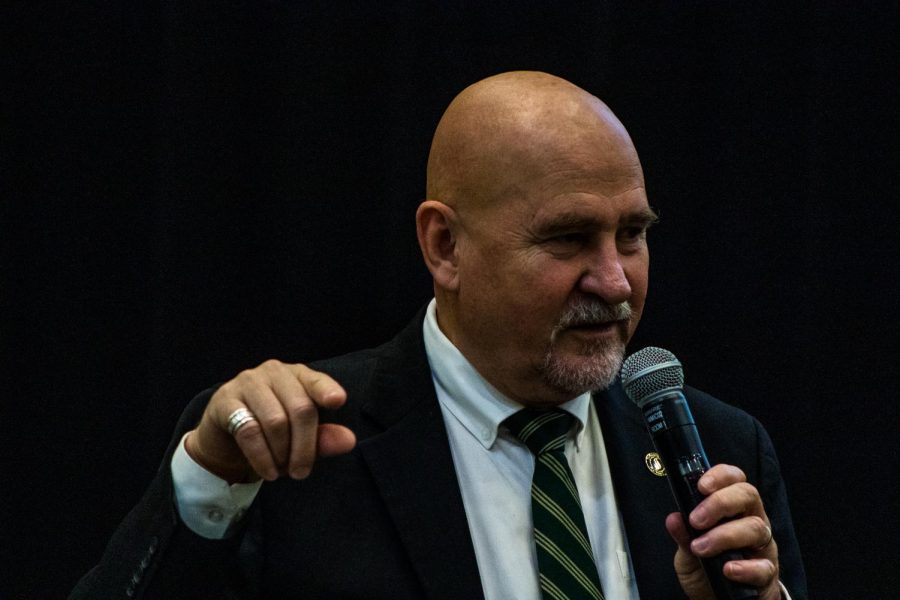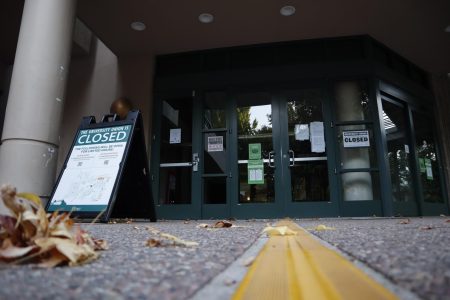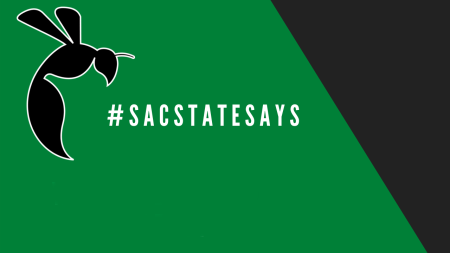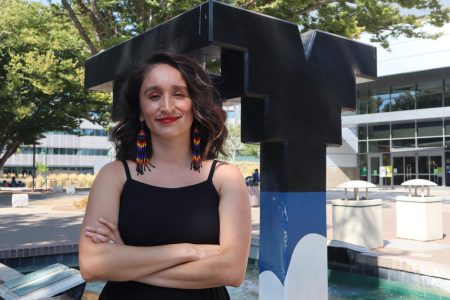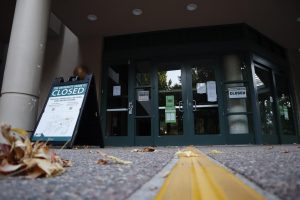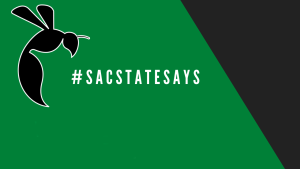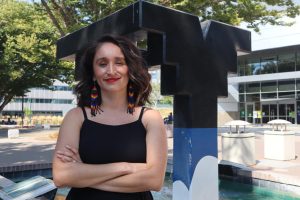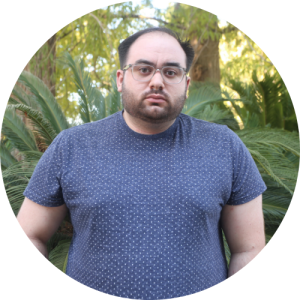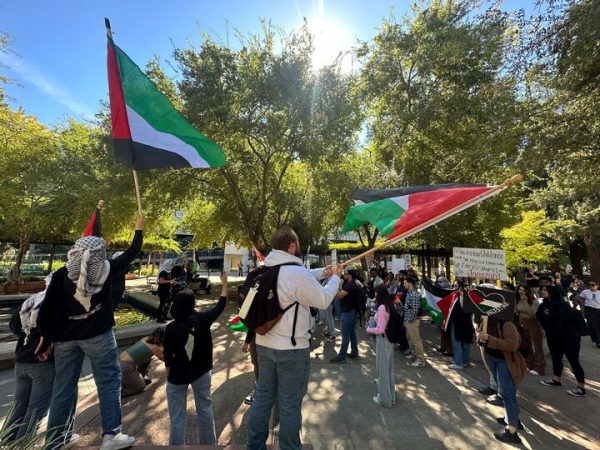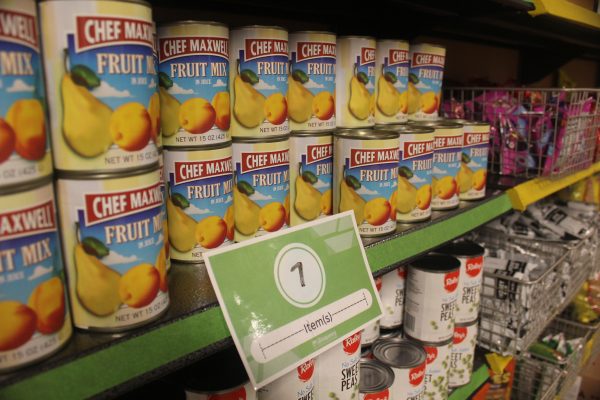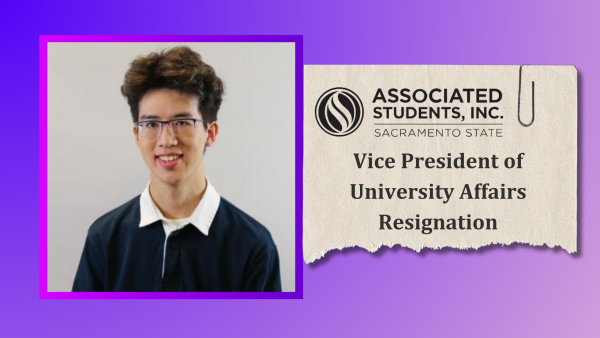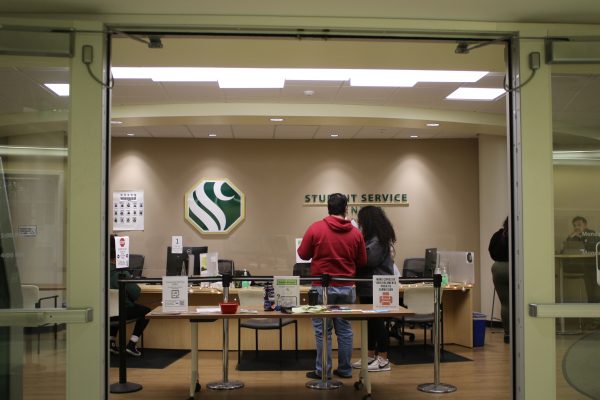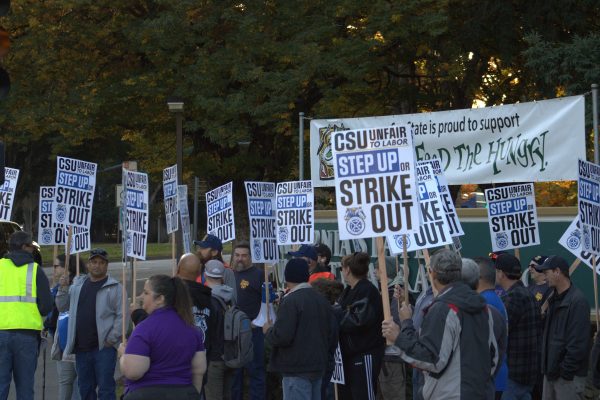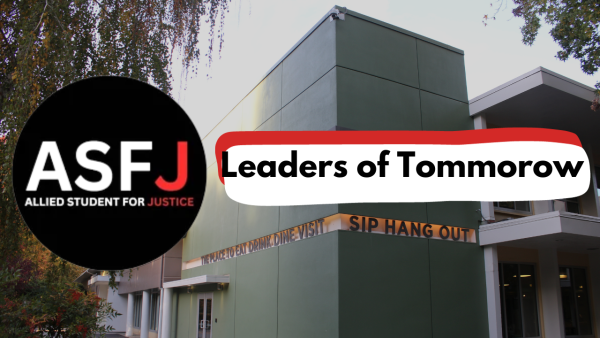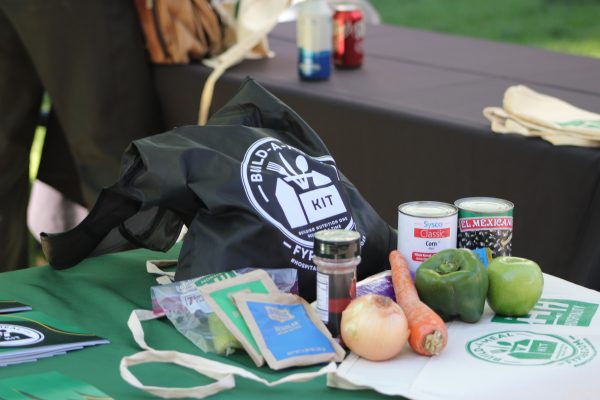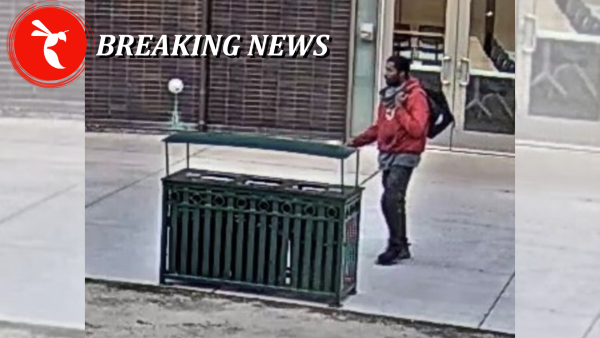Nelsen’s 2022 Spring Address: Anti-Racism, COVID and a “Healing Campus”
Sacramento State University President Robert Nelsen addresses students in the University Union about COVID-19 policies on campus on Sept. 3, 2020. In his address on Jan. 21, 2022, Nelsen discussed continuing COVID-related issues and plans to change the culture of the campus to fight systemic racism.
January 22, 2022
Sacramento State University President Robert Nelsen gave his Spring Address for 2022 Friday morning, focusing on his proposed steps to make Sac State what he called a “healing campus.”
“Just saying yes will not be enough,” Nelsen said. “More than just a ‘yes university,’ we must be a healing university,” The lesson of COVID is that we must heal our country, state, university, and most of all, ourselves and our students.”
The event had to be held virtually as a result of the spike in COVID-19 cases due to the Omicron variant, which resulted in the mandatory switch to virtual instruction for a majority of courses for the first two weeks of the spring semester.
The topic of COVID-19 dominated Nelsen’s speech, discussing the CSU systems’ encouragement of students and faculty to get vaccinated. He also reiterated Sac State’s new requirement for students and faculty to receive a booster shot once they are eligible.
RELATED: Boost up! CSU to require an additional COVID-19 shot by February
“We must acknowledge the elephant in the Zoom,” Nelsen said. “You have read countless emails from me and deleted countless more, often because the information and guidance were quickly superseded by new information. Whiplash after whiplash. But also, evolving science.”
Nelsen spoke about the divisiveness spawned by COVID-19 policies across the country. This included the drift between what Nelsen called “vaxxers and anti-vaxxers, masked and maskless.”
“The bottom line is, the scientists say we need to get as many people vaccinated and with boosters when sufficient time has passed,” Nelsen said. “Sacramento might be 50/50, but Sacramento State must be as close to “100” as possible.”
The vaccination rates for faculty and students that was given by Nelsen during the speech were close to 90%, with 5% of students and 3% of faculty having religious or medical exemptions. Sac State will continue to require negative tests twice a week for those who have an exemption.
Nelsen said that anyone without proof of vaccination or a qualifying exemption would be denied access to campus.
The second half of Nelsen’s address focused on the recent and ongoing discussion of inequality, equity, and racism that the university aims to address.
“Strategic plans are rarely sexy, and as a result of the pandemic we took an extra year to create this one,” Nelsen said. “People are tired of waiting, people rightly ask every day about when the anti-racism and excellence plan will be enacted. We will need the multi-year roadmap that the plan will give us, but we need to enact change, real change, now.”
Nelsen said he hopes to have an actionable anti-racism plan ready soon, and that he believes the effort will be aided by student and faculty participation and input.
The main way in which faculty and students are expected to participate in this plan is at the anti-racism and inclusion convocation that will take place on Feb. 14 and will feature keynote speaker Dr. Bettina Love. The convocation was originally scheduled for Sep. 2021, but was pushed back to the beginning of the spring 2022 semester.
RELATED: Sac State Says: Sac State students thoughts on Skip Bishop and anti-racism plan
Nelsen laid out a number of approaches they plan to enact to address these concerns, such as re-evaluating the bureaucratic barriers that make it more difficult to apply for graduation.
Improving graduation rates is a primary focus of the university, according to Nelsen, who also said that freshmen are graduating in four years at a rate of 25.8%, a 186% improvement from the 9% graduation rate in 2016.
He also reiterated statements he has made about introducing a robust entry and exit interview process for faculty and administrators.
Nelsen said the university plans to adjust hiring practices to ensure that the faculty better reflects the diversity of the students on campus as a means to address systemic racism at the campus.


























































































































